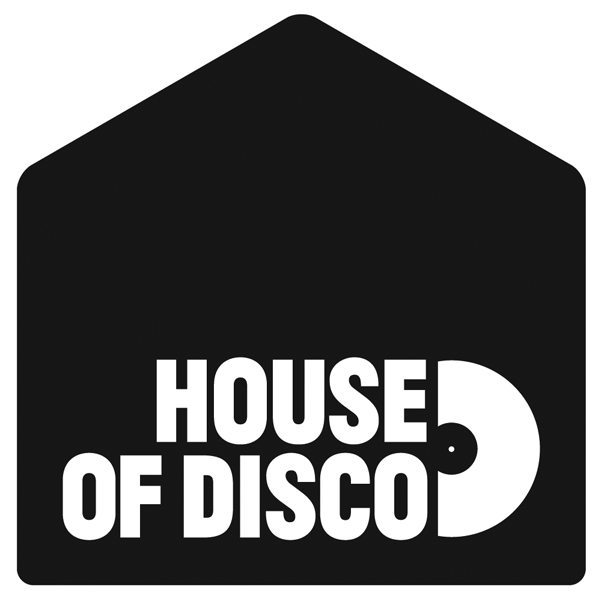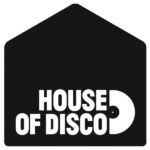Article by: JJ Buccola
Photos by: Juan Mendez // Silent Editions
I had a chance to sit down and chat with the legendary techno/house producer John Tejada. He has been in the industry for over a decade and has recently released massive tracks on Kompakt, Get Physical, Palette, and Poker Flat. We asked John to discuss his start as a DJ and his perception of the electronic music scene past, present, and future.
JJ: How did you first get into DJing and producing? What was the turning point or crucial event that happened that projected you into global DJ status?
John Tejada: I first began DJing for myself around age 11 or 12. I would record DJ mixes off local LA hip hop station KDAY KACE and KJLH beginning around 1984. At that time there were some really great djs doing mixes every day. I wanted to know how these guys put music together like that and was lucky enough to get a cheap pair of decks and a mixer at a young age and tried to learn all I could. I would dj school dances and kept pursuing DJing through the years. Once I switched gears from a more hip hop sound to more techno and house, I would try to get local gigs here in LA. I began releasing my own music which helped with the invites to DJ events and that eventually led to international offers which started for me in 97. Having releases that would have strong support really got offers rolling in and that’s how I expanded on my DJ career.
JJ: Electronic music has had a huge growth into the mainstream in the past 5 years. Do you feel house and techno has also experiences a huge growth or is it independent of the EDM craze?
Tejada: My personal experience has been that EDM is not crossing over much into underground house and techno territory as much as people might expect. The more underground sound just does not work at large EDM parties which is fair enough, but I’ve had personal experience with very unhappy EDMers as I’ll call them.
JJ: Do you think the sound of house and techno has evolved over the past 15 years much?
Tejada: That’s an interesting question because as a style develops and tries as hard as it can to push the boundaries, some of the wonderful fundamentals can suffer tarnishing the original beauty. So in a way those fundamentals of house and techno as I like to call them exist in a beautiful simplicity. I think the technology changes more than the music at this point. One example would be a music group you’ve followed for 30 or so years. You love their early work and wish they just kept with this amazing recipe they had instead of branching out. I can think of a few groups like this from my childhood that have changed drastically and you stick with them, but you think “what if?” So I feel maybe the sound doesn’t have to change so much and maybe I prefer it that way.
JJ: How has the music industry changed for you since the beginning vs now. What is it that you need to do differently now days to stay on top as a global DJ vs what you had to do in the past?
Tejada: Having experienced a much earlier version of this when I personally didn’t have access to the internet yet (early 90s) and much less digital media, it’s changed immensely for me personally. The question you ask is what I’m trying to figure out. These days there is a high demand for strong social media campaigns and dj feedback. Before this a lot of us relied on the record stores to push records and it really worked. You’d have all the DJs swing by the shops on a certain day when new releases would arrive and a store could sell dozens of copies of a hot record in a matter of minutes. These days the number of shops have dwindled and records no longer break this way. For me, I think the future of physical media lies in other forms of physical art related to the music release.
JJ: Can you tell us the day in the life of you? A day that includes DJing a set and working on a track from wake to sleep?
Tejada: In order to have made this my occupation, I’ve taken on quite a few duties. Most days start with a check of email and responding to any requests. These could range from remix work, gig requests, a request for a pitch for an ad or similar, record manufacturing or shipping, administrative things such as publishing or a promotional campaign, the list goes on. My weeks are often dictated by whats on my plate. Some days involve no music and just administrative tasks while other days could still be musically creative days but not having anything to do with one of my releases. This could be a sound design job making sounds for a music company or sounds to sell for other musicians to use. I feel to make my own personal work, I still need to find that free time to hide away and feel creative. That still makes it fun for me.
JJ: What are the pros and cons: the scene and industry 10 years ago vs now?
Tejada: For me personally the cons revolve around digital media having destroyed physical media and forcing many stores to close. Another con for me is what I perceive to be an almost desperate hype game of internet attention and short attention spans. The pro of that same situation is perhaps now more people are hearing all of this music because it is so easy to access even if they’re not really buying. This hopefully will lead to some new exciting opportunities we’ve not thought of yet.
JJ: What do you hope to see happen with the electronic dance scene in the next 5 years?
Tejada: Personally I would like to see more experimentation again in the scene. I feel like I used to see acts try some really far out things to great response, where now the response seems more the opposite, especially in regions where you think that would work. That part I would like to see come back a bit. There are still plenty of original independent artists out there, but it may be tougher than ever to get noticed.
JJ Buccola is a blog writer based in Brooklyn, NY.




